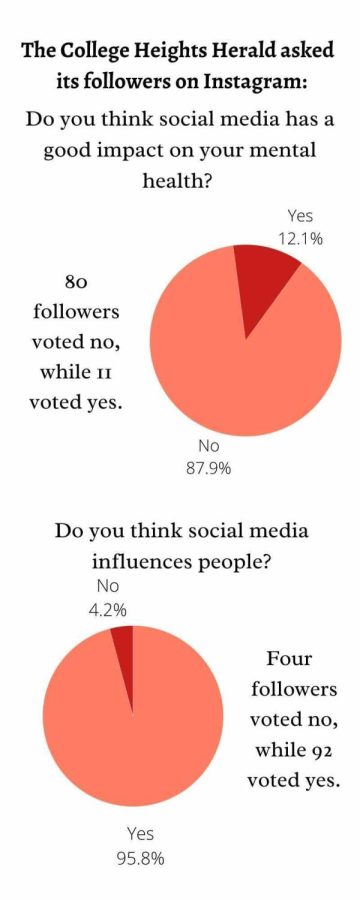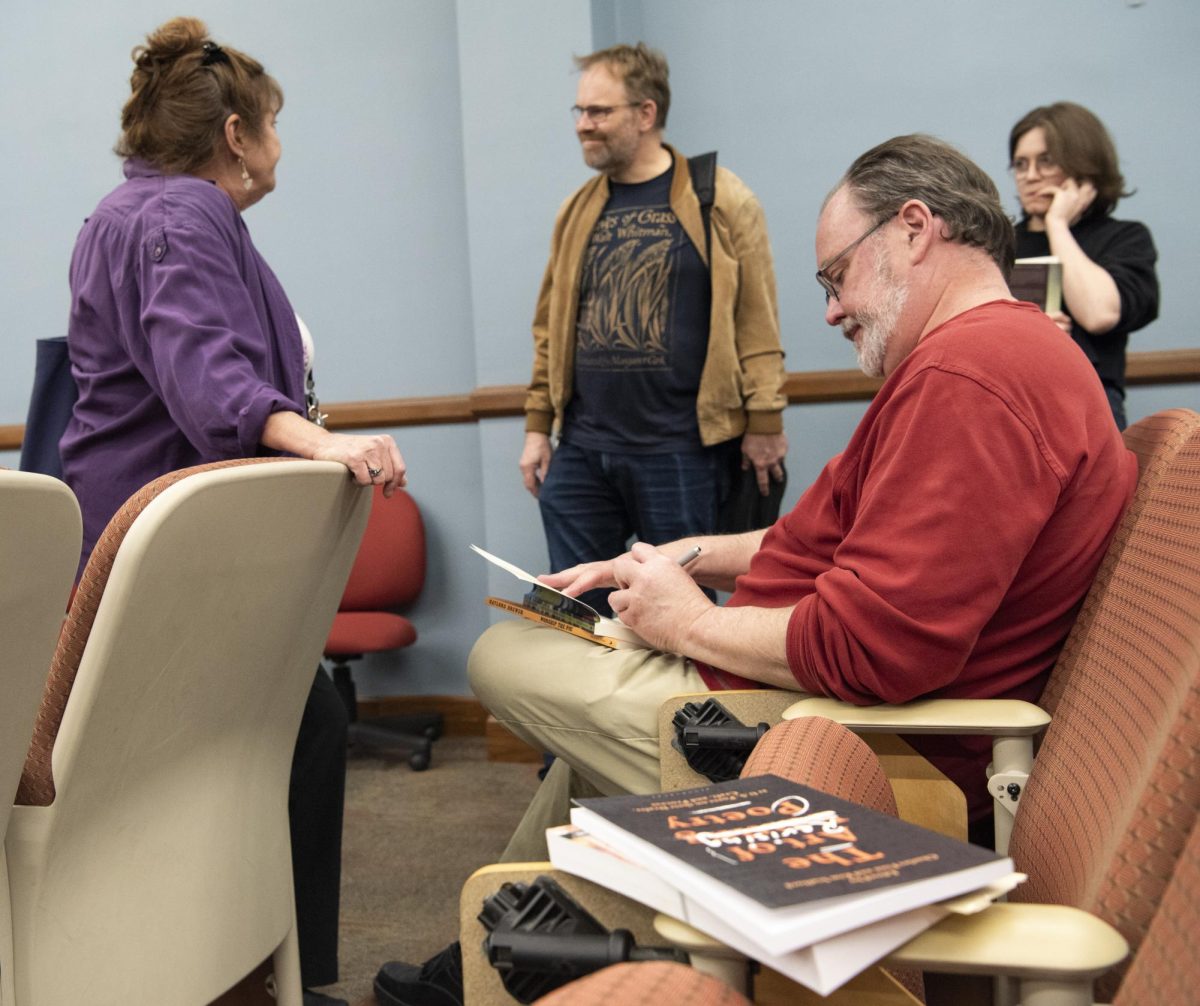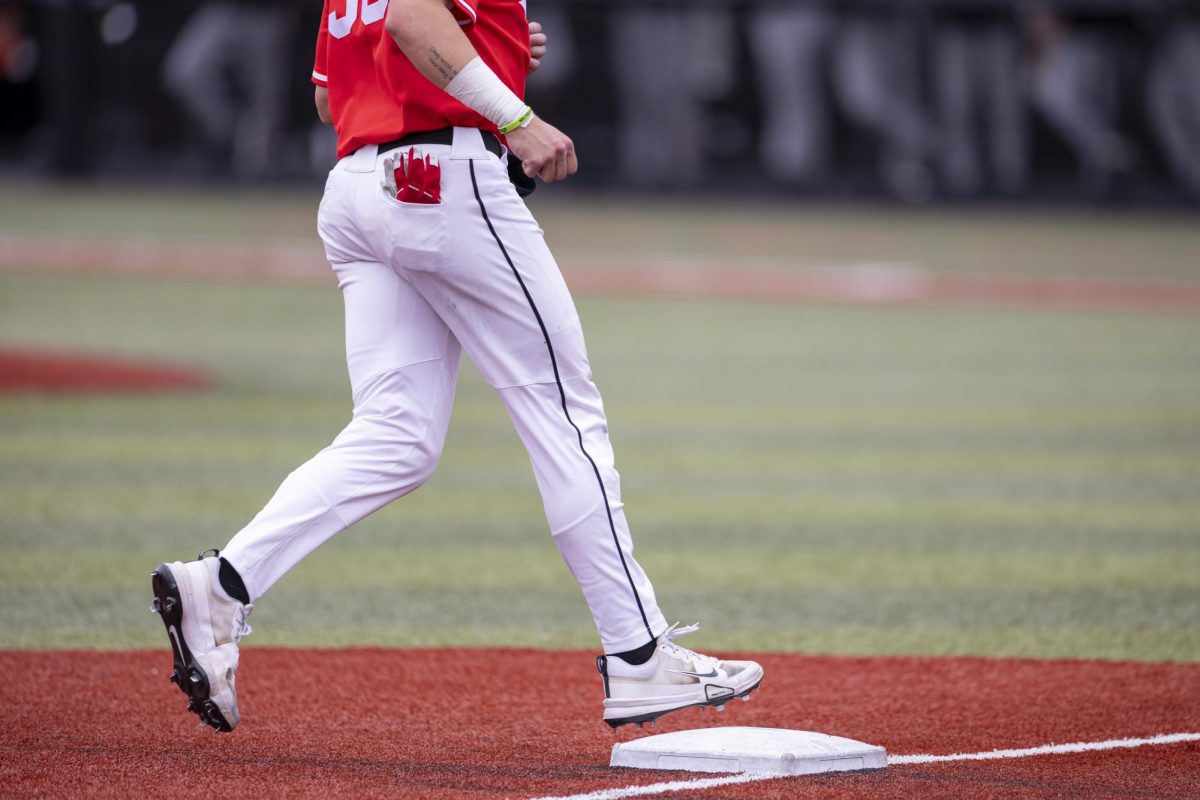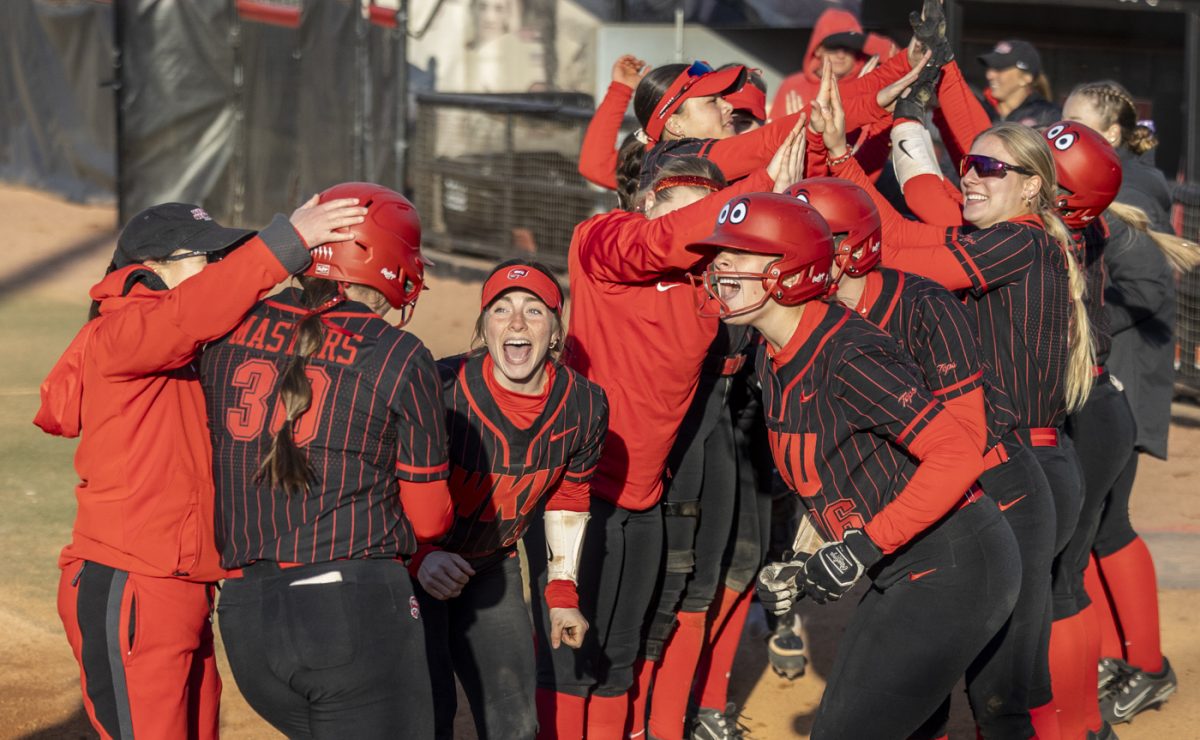‘Social media is vital’: Campus organizations utilize social media to improve outreach to students
March 21, 2022
For many campus organizations, social media is a primary way to reach students, and it has given campus groups a platform where they can gain an audience.
According to the Pew Research Center, Instagram is the most popular platform among college aged students. At 71% usage it is the main platform groups use to find this audience.
The WKU Mahurin Honors College uses social media to connect with prospective students and create a cohesive brand.
“I think the goal of any college or department social media is to relay who we are to prospective students, to current students, to our alumni and to friends of the college or department,” Zach Ryle, assistant director of enrollment and brand management, said. “It’s multifaceted in that sense. When making posts and discussing what we’re going to be putting on social media, you kind of have to take into mind the different backgrounds, the different stakeholders that you’re going to be talking to. We have different people in mind, potentially for each one.”
MHC social media features student and alumni achievement spotlights, updates on various deadlines in the MHC and events planned for Honors students.
“As a student, it’s all about the social media platforms. That’s where I go to get the news and learn things about the Honors College,” Olivia Laws, a senior marketing major and social media specialist for the MHC Branding Team, said. “It’s especially hitting on those prospective student targets. It’s important because it’s the main form of communication that we use for the news aspect.”
Ryle has experience running WKU social media accounts and believes these platforms are vital for connecting to students.
“Social media is vital. You have to be where students are,” Ryle said. “Because students are why any of us have a job, from a staff side. In the early days, everybody was on Twitter, then Instagram kind of morphed in. I’ve seen a lot of different iterations. If you’re not where the students are, then your message of what we can provide students […] none of that gets across if we can’t actually show it to them.”
A goal that Ryle and his team have is to continue to build a cohesive brand for the college after past branding changes.
“Our overall goal is to shine a spotlight on the good things that are happening at the institution,” Ryle said. “Social media has its good qualities, and it has its bad qualities. It can be competitive; our goal is to stay as far away from that as possible. From an organization standpoint, with any organization or college or department, that should be the overall goal.”
The Feminist Student Union, @wkufsu, utilizes social media to promote events and gain membership across the local community.
“Instagram is our main platform, because I know a lot of people that use it the most,” Lily Moore, a freshman marketing and sales major and social media manager of the FSU, said. “Personally, that’s the app I’m always scrolling so I see all this information. We post stories and posts about meetings and events we’re holding. We’re trying to get that aesthetic that we’re striving for to get members to want to be a part of our community.”
Moore said she wants viewers to be able to take part in the social media experience that FSU offers.
“I think just letting [viewers] know that they’re a part of something, by sharing those posts. It means it’s a part of them and a part of their profile,” Moore said. “I think that social media is a lot of today’s society and culture and life, so by using that for our platform, it really helps connect with students.”
Social media has both benefits and drawbacks, specifically targeting how it affects mental health and body image. As an organization with a feminist message, Moore uses social media in a positive way and plans to explore topics associated with social media’s drawbacks.
“I think that especially in today’s society, body positivity and things like that are really strong and hard-hitting topics that need to be discussed in these types of clubs,” Moore said. “I think that our social media will definitely be highlighting those sorts of topics.”
The WKU chapter of the American Foundation for Suicide Prevention, @wkuafsp, was started as a fundraiser for the American Medical Student Association and is now using social media to recruit students for the Out of the Darkness Suicide Prevention Walk.
“I am trying my best to use social media in a way that allows me to spread awareness about the current state of the social construct surrounding suicide and mental health in general,” Gabe Heckerman, a sophomore biology with a concentration in pre-medicine and Spanish major, said. “This happens to fall in line well with the AFSP’s goal of raising awareness for the issue and implications surrounding the topic in today’s society. The goal is to provide hope for those who feel alone or unable to get the help they may need.”
A constraint of social media is that the content needs to be moderated and curated, especially for the accounts of organizations and professional groups.
“The foundation has done a great job providing me with resources and information that I can post and share, but I’ve also enjoyed doing my own research and advocacy since it allows me to emphasize things that I feel are especially critical to address on a more local scale,” Heckerman said.
One of Heckerman’s goals for the account is to build the organization, and implementing social media platforms is a way to do so.
“As the organization grows, I hope that it becomes not just a fundraiser and advocacy event but also a group of people readily available to support each other as well as others and directly promote the mental health of those in our community,” Heckerman said.
News Reporter Alexandria Anderson can be reached at alexandria.anderson337@topper.wku.edu.













